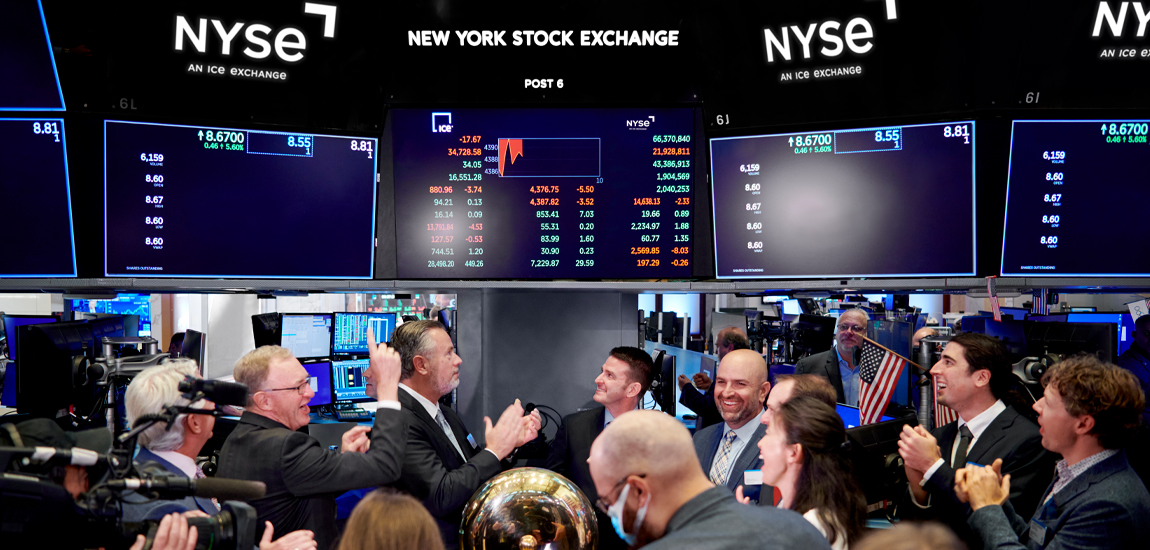On Friday, the US stock market closed slightly lower as the rally in megacap shares weakened, resulting in a drop in consumer sentiment to a six-month low. The Dow experienced its fifth consecutive day of decline, which was its longest losing streak in two months, while the S&P 500 technology sector and consumer discretionary index fell 0.2% and 0.9%, respectively. Tesla Inc shares also decreased by 2.3% after surging more than 2% on Thursday, following Elon Musk’s announcement of a new CEO for Twitter, Linda Yaccarino.
Apple Inc and Amazon.com Inc were among the biggest contributors to the decline in the S&P 500, along with Tesla. The technology index is still up approximately 22% year-to-date. However, Peter Tuz, President of Chase Investment Counsel in Charlottesville, Virginia, stated that “valuation concerns are starting to manifest themselves” since the companies have had an incredible run. He further added, “there comes a point where valuations do matter.”
Furthermore, the US faces a “significant risk” of defaulting on payment obligations within the first two weeks of June without a debt ceiling increase. Additionally, investors are concerned that aggressive interest rate hikes by the Federal Reserve could push the economy into a recession. Fed Governor Michelle Bowman stated that the Fed will likely need to raise rates further if inflation stays high.

The US stock market experienced a mixed week, with the Dow declining 1.1%, the S&P 500 falling 0.3%, and the Nasdaq rising 0.4%. The leading sectors were S&P 500 utilities and consumer staples, both rising 0.4%. On Friday, News Corp shares surged 8.5%, beating Wall Street estimates for third-quarter profit, while First Solar Inc shares increased by 26.5% after the acquisition of Sweden’s thin-film solar cell technology firm, Evolar AB.
In summary, despite some positive movements, the US stock market faced a decline due to weakening megacap shares, a drop in consumer sentiment, concerns about inflation, and a risk of defaulting on payment obligations.




